The Trials of Homeopathy (a fabulous book on the history of homeopathic clinical research!) by DR. MICHAEL DEAN [#DEATRI]
$31.00
Description
“The Trials of Homeopathy” is the first systematic review of all clinical trials of homeopathy, predominantly in Europe and North America, from its beginnings to the 21st century. Dean shows that homeopathy has a long history of scientifically conducted trials that have not received the recognition they deserve. At a time when the place of homeopathy in a changing health landscape is under discussion, this work provides a valuable historical context.
This book includes a CD-ROM that includes several Appendices that provide details of all clinical trials that were excluded from this review of research (and the reason for their exclusion!), an outline of all controlled trials testing “classical homeopathy,” all trials testing “complex homeopathy,” all trials testing isopathic homeopathy, all trials that observed any “adverse reactions” to homeopathic medicines (or placeboes), and what the quality of each trial was determined to be (according to specific scoring). Needless to say, this CD-ROM alone is worth of price of this book!
What I personally found so fascinating about this book is its detailed information about the MANY high quality studies conducted on homeopathy during the 19th century. Also, there were numerous studies conducted by non-homeopaths who were clearly out to dis-prove homeopathy, and the author provides truly fascinating information and insights about these studies and how and why their results were negative to homeopathy.
The current debate about the merits of different therapies is informed increasingly by trial evidence. The rediscovery of homeopathy’s clinical research tradition is, therefore, of particular importance.
In recognition of this valuable work Dean was awarded the first Hans Walz Prize of the Robert Bosch Foundation in October 2003. The aim of this prize is to promote research in the history of homeopathy outside the Robert Bosch Foundation’s Institute for the History of Medicine.
The controversial discipline of homeopathy is examined from three original perspectives.
Conceptual Background: The structure and presentation of Hahnemann’s research programme is contrasted with philosophical assumptions about medical science and emerging theoretical structures in German academic medicine circa 1800, and the subsequent rift between homeopathy and allopathy is explained at this level. The sources of homeopathic theory and method are located in mainstream eighteenth-century experimented. Alleged relationships to alchemical medicine are discounted, with the exception of certain pharmacy techniques introduced after 1816. Divergent schools and approaches within homeopathy are traced to their sources, and mapped onto a unified therapeutic field.
Historical Importance: A systematic review of prospective clinical evaluations of homeopathy, 1821-1953, contends that these played an important but neglected part in the evolution of the clinical trial. Placebo-controlled trials by skeptics most probably originated in prior Hahnemannian use of within-patient placebo controls. Pragmatic trials of homeopathy versus allopathy in the mid-nineteenth century show that judgments of homeopathic inefficacy made by influential nineteenth-century opponents, which have colored debate ever since, were not evidenced-based. Early twentieth-century clinical trials by homeopaths were methodologically in advance of biomedical trials in some respects.
Clinical relevance: A systematic review of 205 prospective controlled clinical trials published since 1940 found evidence of homeopathy’s safety, and specific and global efficacy in trials of high internal validity. Implications for clinical research and practice are considered, founded on analysis of intra-homeopathic differences and trends. On the basis of trial evidence, the relative merits of placebo-controlled and pragmatic evaluations of homeopathy are discussed. Clinical relevance was found particularly in areas that pose problems for biomedicine, and proposals for pragmatic trials of homeopathy versus standard treatment are made in the following conditions: Unexplained female infertility; postviral fatigue syndrome; influenza; atopy (allergies).

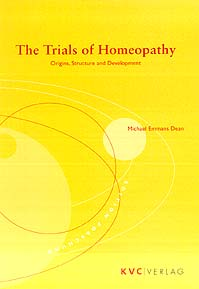
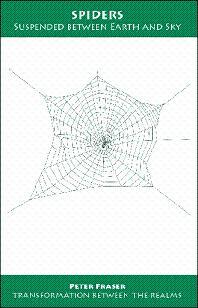
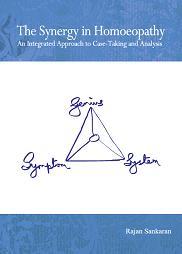
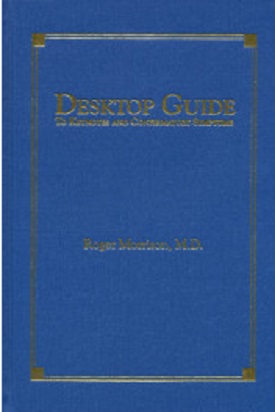
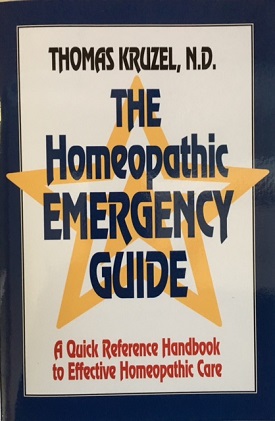
Reviews
There are no reviews yet.